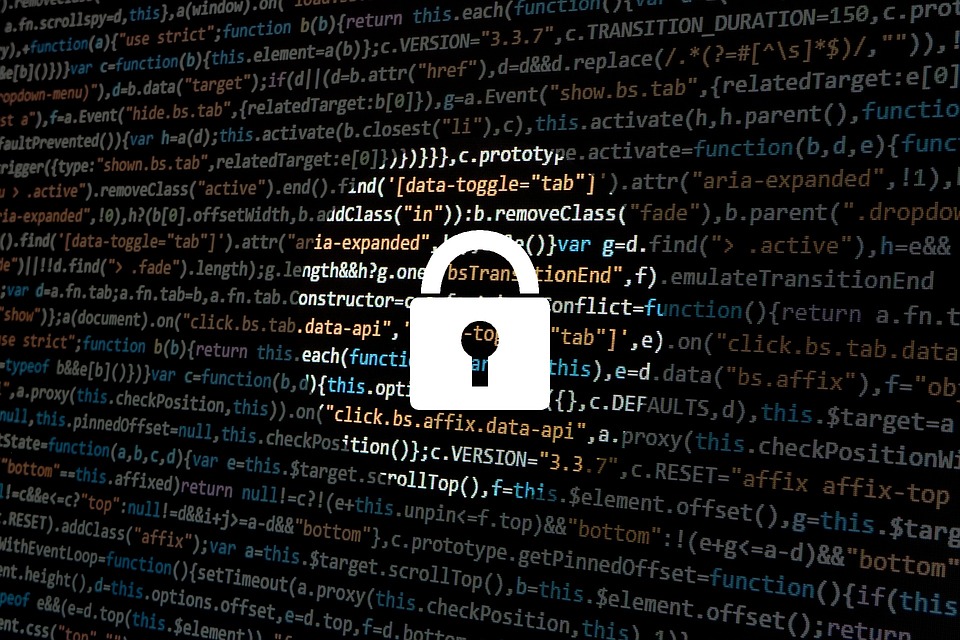In a bid to ensure its customers of its credibility, cybersecurity firm, Kaspersky Lab is starting its Global Transparency Initiative, a move it had announced in October 2017, whereby the company was moving some of its core processes from Russia to Switzerland. The move includes core infrastructural processes like customer data storage and processing for most of the regions it operates for, software assembly, and threat detection updates. The firm also announced in a press release that the movement will be supervised by an independent Swiss entity.

The move also includes the opening of its first Transparency Center in Zurich, to which all information for users in Europe, North America, Singapore, Australia, Japan and South Korea, will be processed and stored. Other countries too are to be included to this list eventually. According to the press release, users can also voluntarily share this information with the Kaspersky Security Network (KSN), which is a cloud-based system that automatically processes cyberthreat-related data.
IIT Kanpur to Work on Cybersecurity for Government Digital Activities
The company also talks about the creation of a new, non-profit organization, as a third party that can conduct technical software reviews as part of the supervision.
According to their press release, the source code of Kaspersky Lab products and software updates will be available for review by responsible stakeholders in a dedicated Transparency Center to be hosted in Switzerland this year.
The initiative is being seen as part of Kaspersky’s attempt to win back the trust of its major clients, which include several global companies, as well as government agencies. The cybersecurity company is calling it an improvement in the resilience of its IT infrastructure to trust risk, including ‘theoretical ones’.
“The most important goal of our Global Transparency Initiative is to establish all reviewing processes in such a way that there will be no need to rely on our word alone about the integrity of our products, updates, detection rules, data storage, and things like that. Responsible stakeholders from government and private organizations with relevant expertise will be able to review our software to make sure everything works as expected,” a Q&A put together by the company answers the question as to why they are making this move.
Eugene Kaspersky, CEO of Kaspersky Lab, said, “In a rapidly changing industry such as ours we have to adapt to the evolving needs of our clients, stakeholders and partners. Transparency is one such need, and that is why we’ve decided to redesign our infrastructure and move our data processing facilities to Switzerland. We believe such action will become a global trend for cybersecurity, and that a policy of trust will catch on across the industry as a key basic requirement.”
“The new measures are the next steps in the development of the initiative, but they also reflect the company’s commitment to working with others to address the growing challenges of industry fragmentation and a breakdown of trust”, the company stated.
The company is also hosting a live online summit of senior representatives from the cybersecurity industry on 5th of June for a discussion on trust maintenance and collaboration across the industry and address the growing challenge of Balkanization.
The antivirus producer has been in trouble ever since suspicion has prevailed that the Russian government had access to its software and was using it for gathering intelligence on US. As a result, in December 2017, US President Donald Trump had signed on a law banning the use of Kaspersky Lab within the U.S. government. Following this, Kaspersky closed its office in Washington D.C. even as it filed two lawsuits against the US government. Finally, it also declared the Global Transparency Initiative.
Global opinion regarding the antivirus firm has been deteriorating. Following Washington’s suit, in April, Twitter announced that it will not run ads from Kaspersky Labs. Also, in the Netherlands, Justice and Security Minister, Grapperhaus informed the House of Representatives about the precaution taken by the Cabinet regarding the use of anti-virus software from Kaspersky Lab.
Cybersecurity in India: How prepared are our companies for a cyberattack?
According to reports, currently, White House plans to pose sanctions against the company are being resisted by senior U.S. government officials, who believe such a move could start a precarious precedent for similar global internet behavior.
Kaspersky’s move to Switzerland includes plans to set up hundreds of servers there along with a new data center, while using the facilities of local data center providers. At the same time, Kaspersky will continue developing and distributing its products for the Russian market from Moscow. The Q&A revealed the company’s plans to open additional centers in North America and Asia by 2020.
While the shift that the multinational cybersecurity and anti-virus provider is making is indeed a change on a big scale, whether this initiative will be able to turn global opinion to Kaspersky Lab’s side remains to be seen.












